
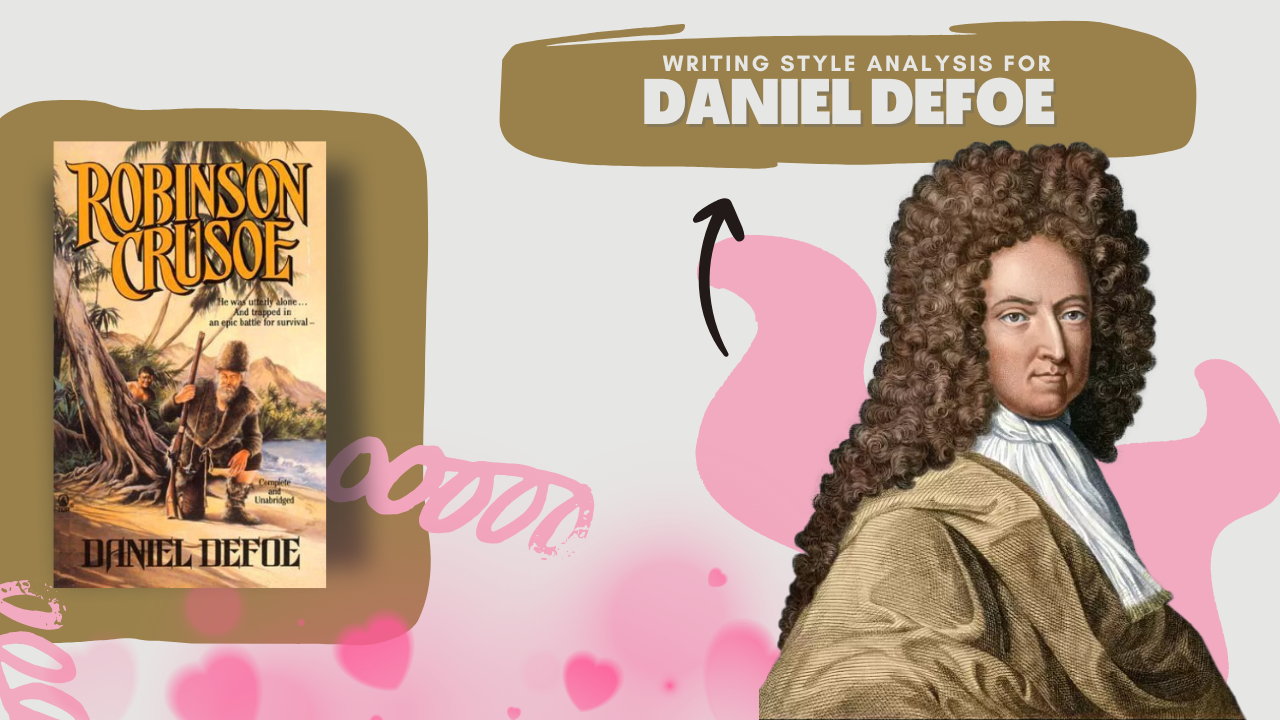
Daniel Defoe’s writing style in “Robinson Crusoe” is characterized by its detailed realism, reflective and moralistic undertones, and a blend of adventure with instructional and allegorical elements, making it a pioneering work in the development of the English novel.
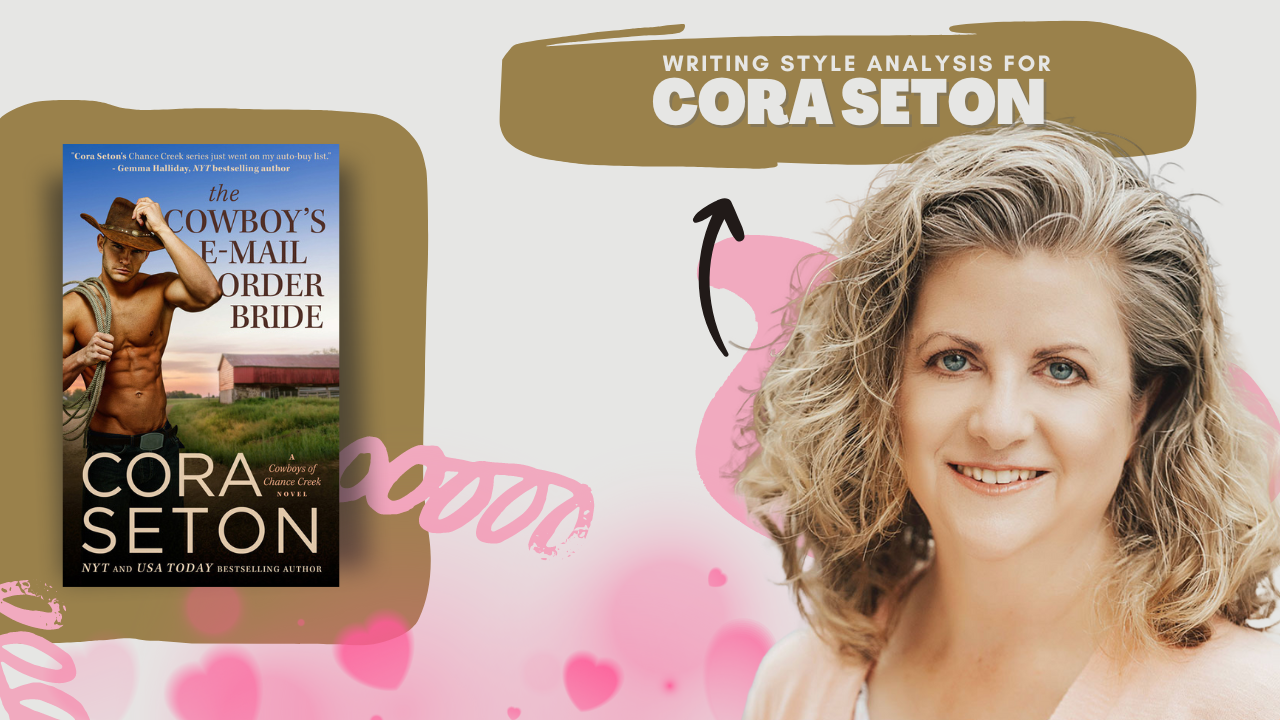
Cora Seton’s writing style blends humor, romance, and strong-willed characters to deliver a captivating and engaging story. To emulate Cora Seton’s writing style, create relatable characters with distinct voices, weave humor into relatable conflicts, and build romance gradually. Balance alternating perspectives with a strong sense of place and focus on optimistic themes and satisfying resolutions.
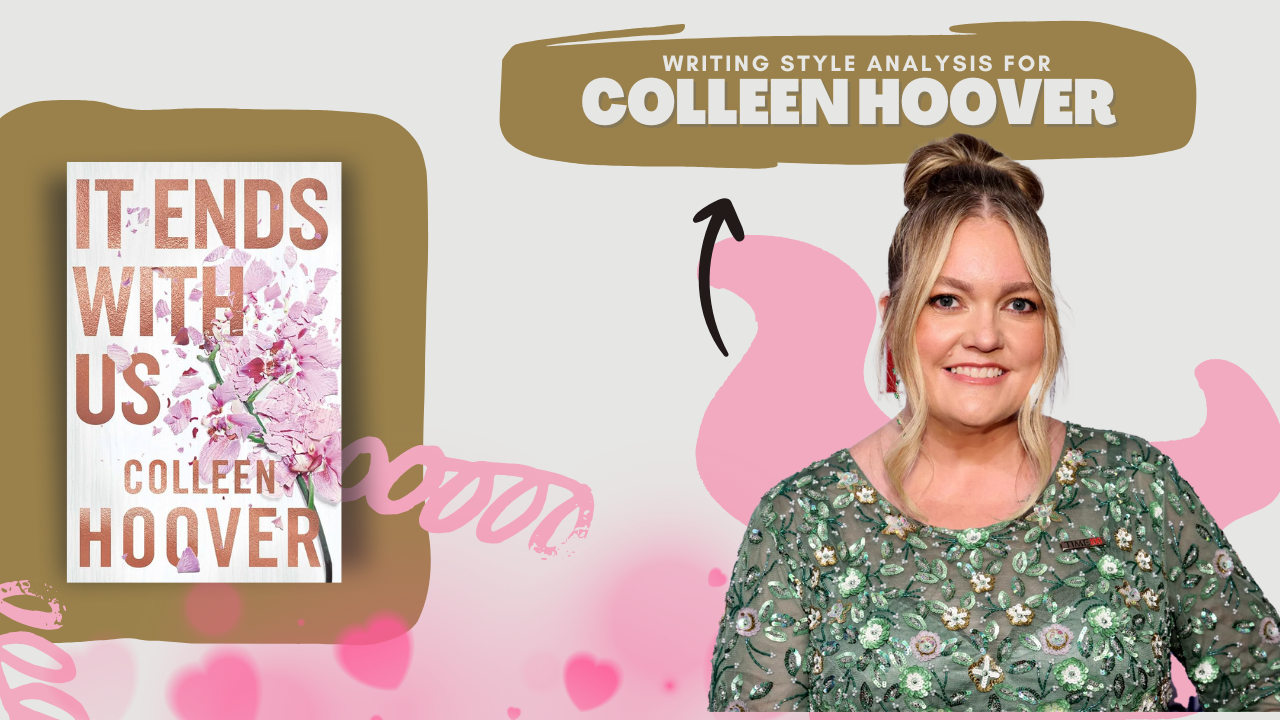
Colleen Hoover’s writing style emphasizes the use of first-person intimate narration, a conversational and honest tone, relationships and emotional dynamics, gradual unfolding of backstory, clear and precise language, exploration of moral complexity, pacing with emotional shifts, foreshadowing and intrigue, and inner dialogue and reflection. These elements contribute to a storytelling approach that is deeply engaging and emotionally resonant.
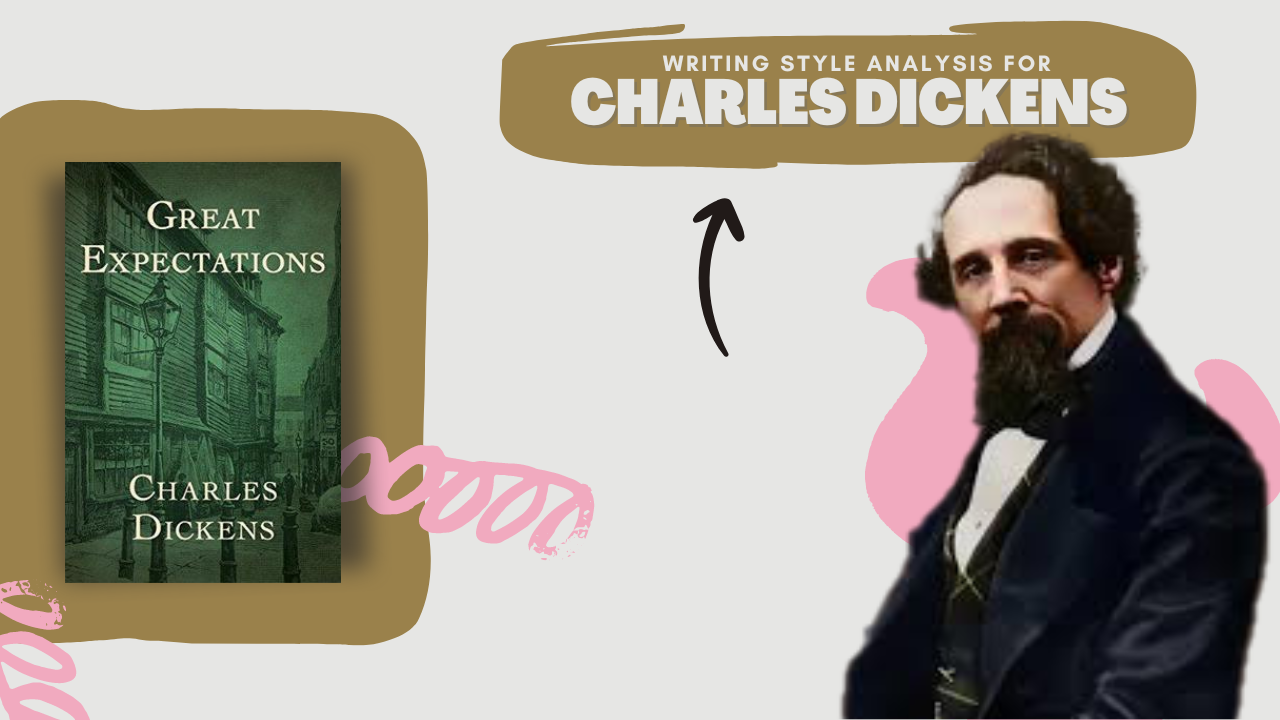
Charles Dickens’ writing style provides a profound commentary on the human condition, exploring themes of duality, revolution, and resilience through a blend of vivid storytelling, rich character development, and incisive social critique. His style is both captivating and enlightening, offering readers a deep, multifaceted look at the times he describes.
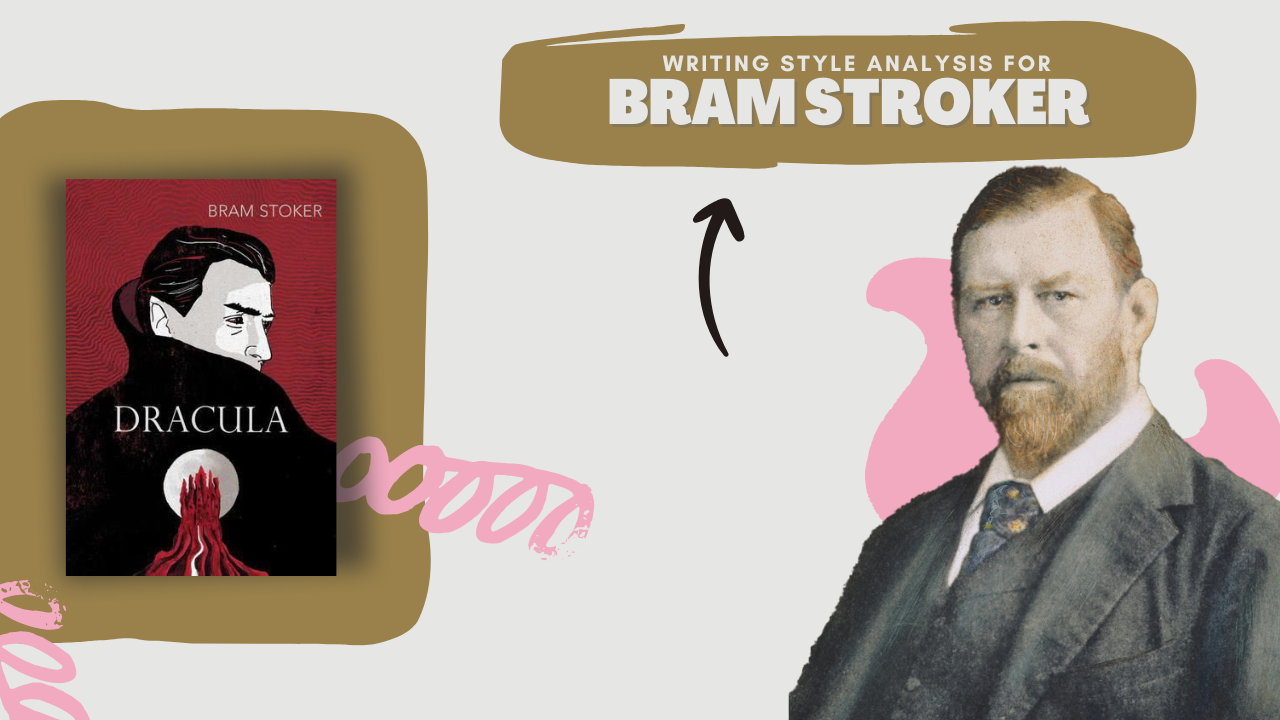
Bram Stoker’s writing style in “Dracula” effectively combines detailed setting descriptions, a unique epistolary format, and a slow build-up of suspense to engage the reader thoroughly while also pioneering many of the conventions seen in later horror literature.
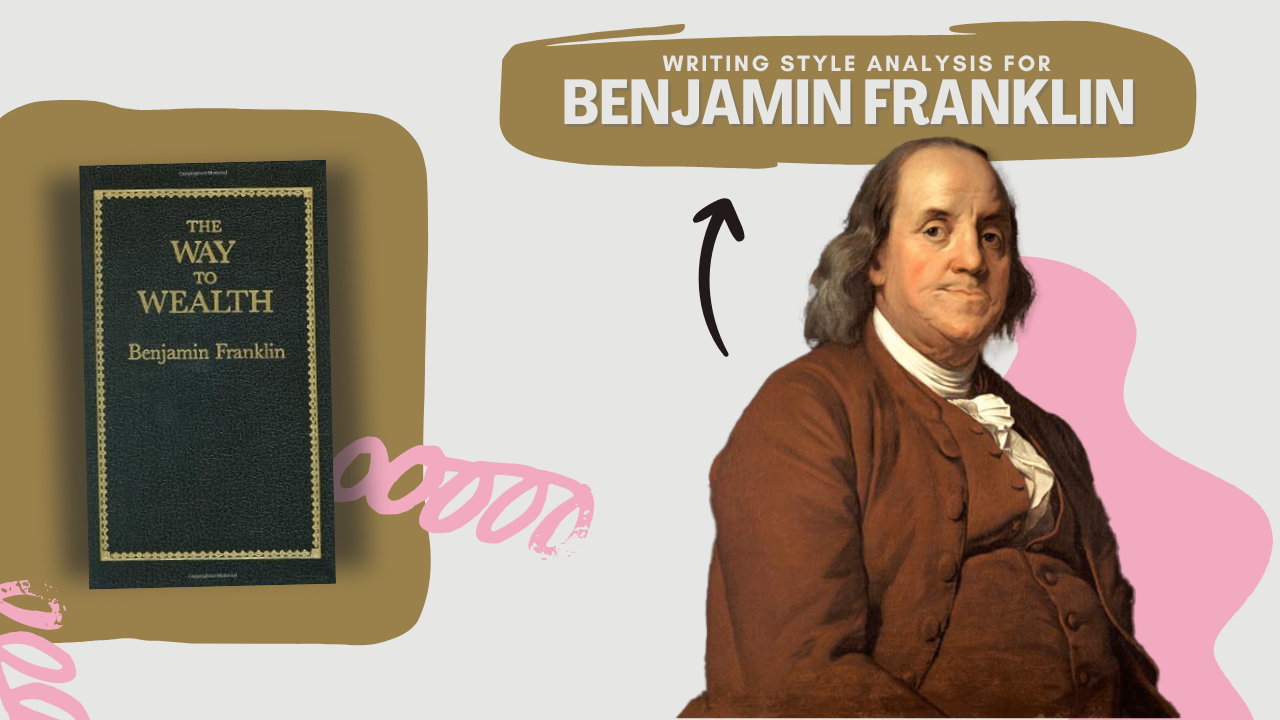
Benjamin Franklin’s writing style is characterized by its conversational tone, clarity, and thematic organization, all enriched with anecdotes, historical references, and philosophical insights. This style not only reflects his intellectual and reflective nature but also enhances the educational value of his writings.
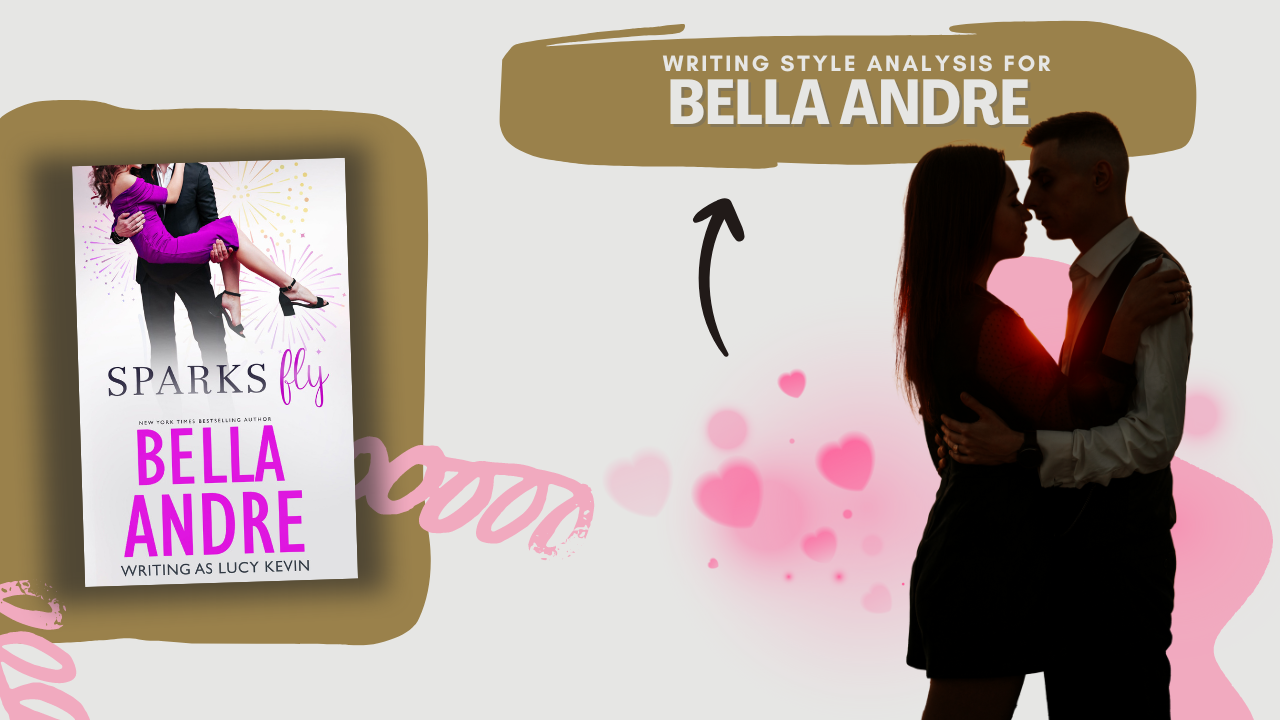
Bella Andre’s writing style weaves together romance, humor, and relatable characters to craft a heartwarming story. To emulate Bella Andre’s style, focus on creating relatable characters with humorous quirks, incorporating strong female friendships, and building a romantic comedy tone. Balance lighthearted humor with emotional depth and romantic tension while using detailed settings to enhance the mood.
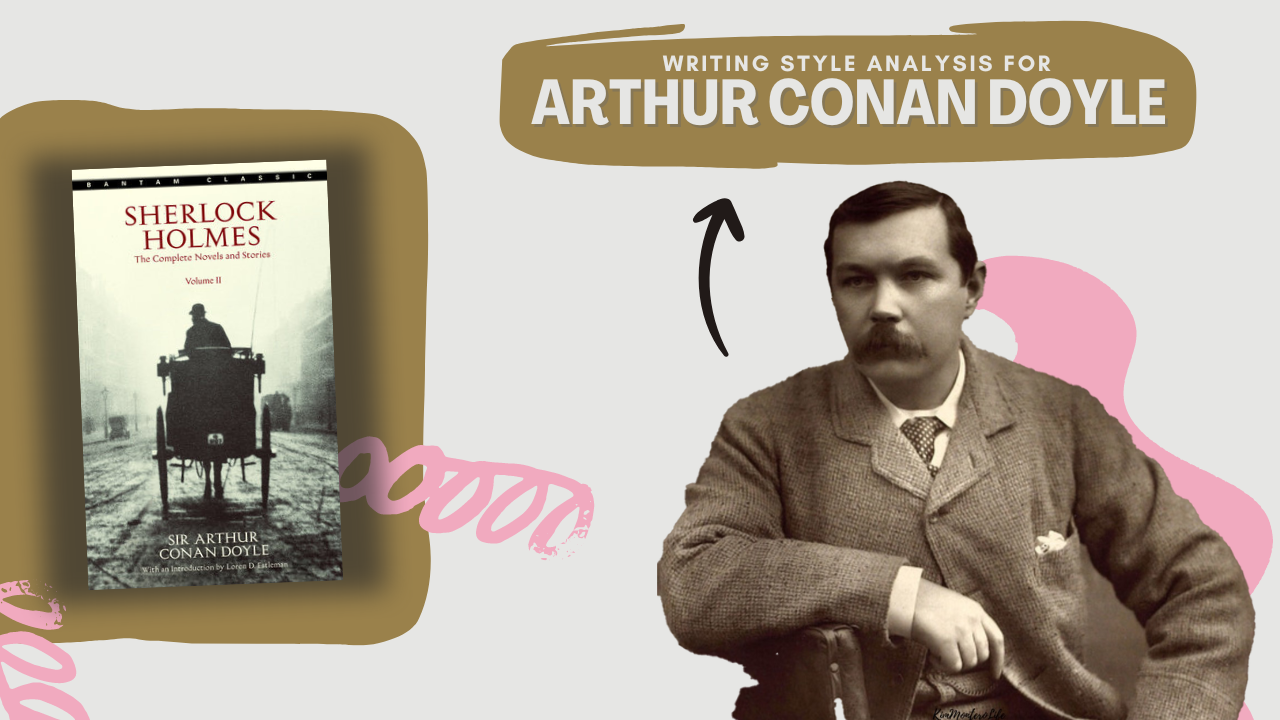
Arthur Conan Doyle’s style combines rich character development, detailed setting descriptions, and a strong narrative drive, all underpinned by an emphasis on rationality and scientific method. This combination not only defines the Sherlock Holmes series but also has helped to set the standard for modern detective fiction.
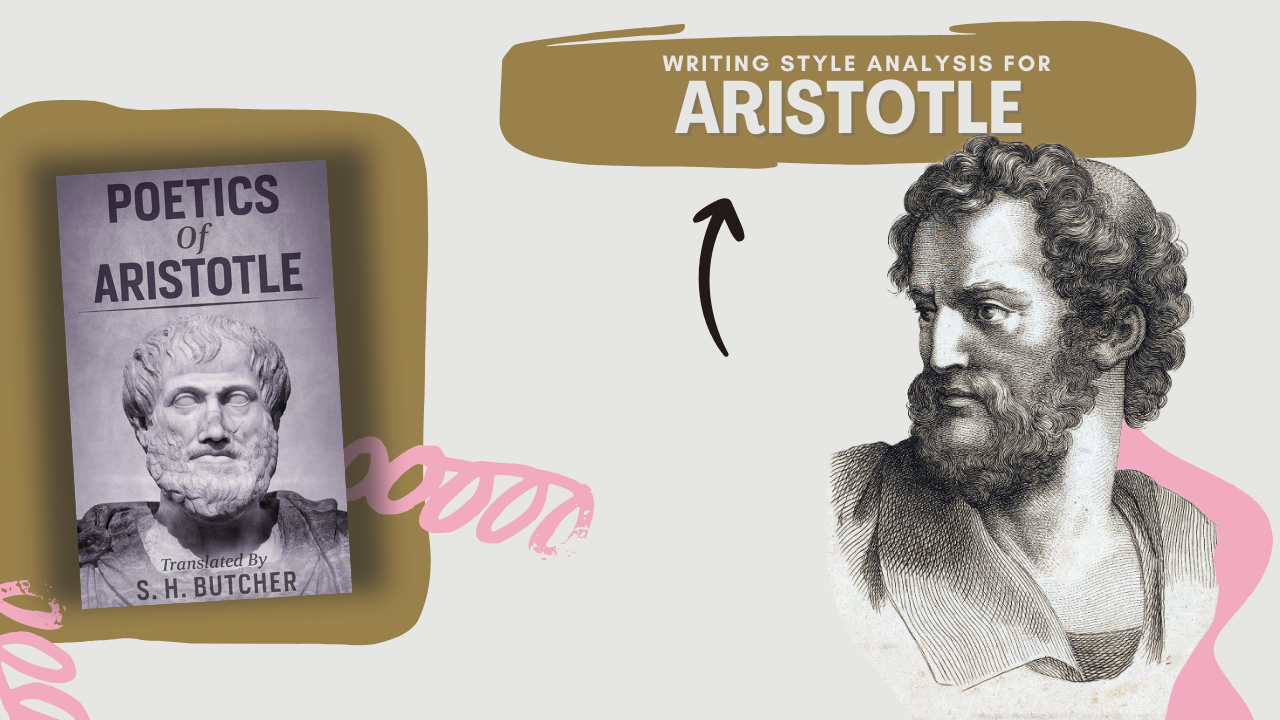
Aristotle’s writing style is characterized by a methodical approach, precise use of language, logical structuring of arguments, and a clear focus on the ethical implications of philosophical inquiry. His work exemplifies classical philosophical writing, aimed at both educating and engaging the reader in thoughtful reflection on complex ideas.